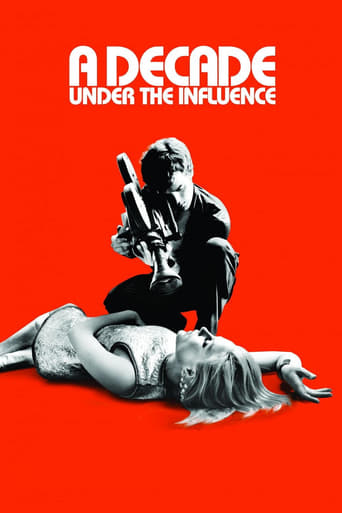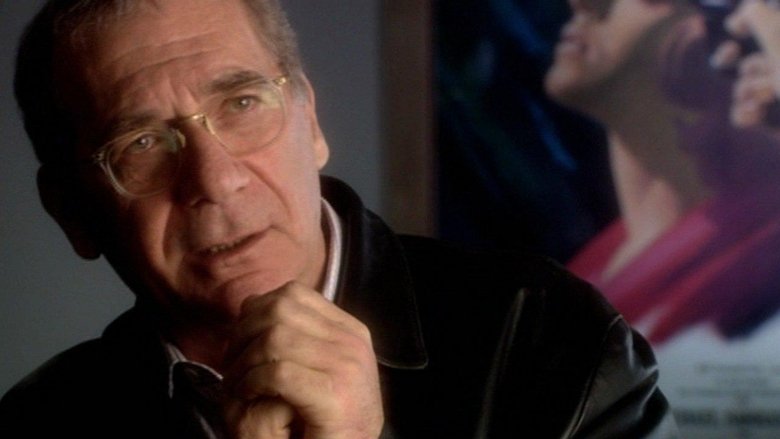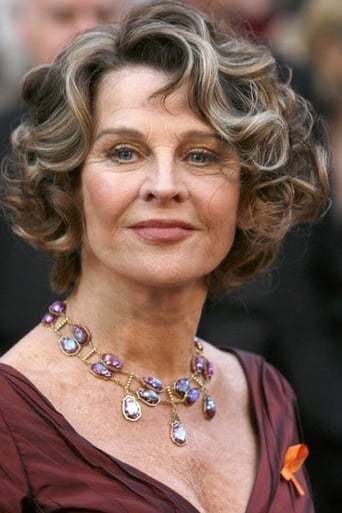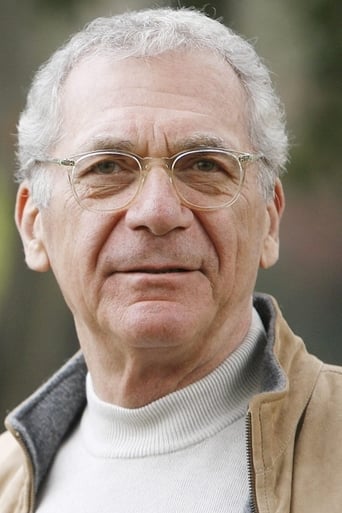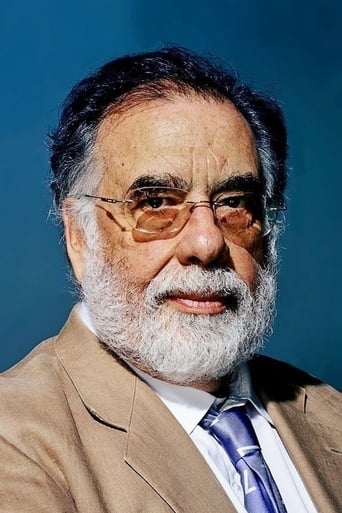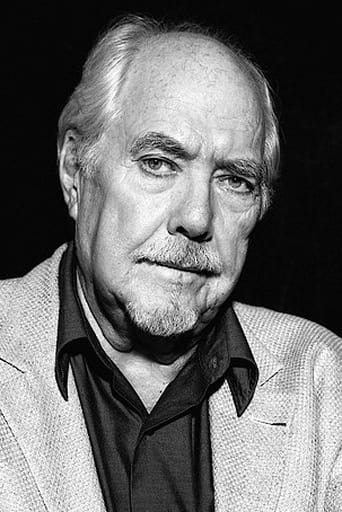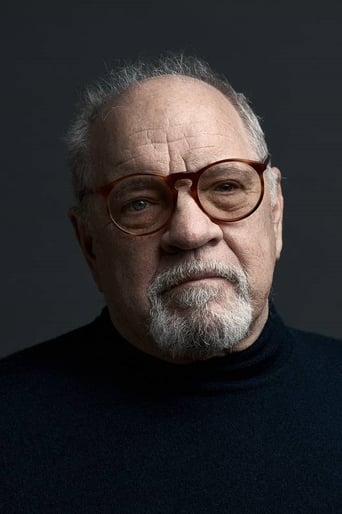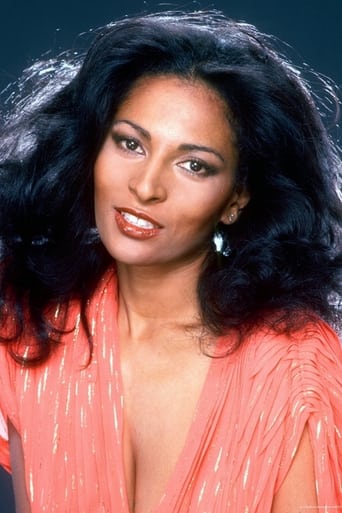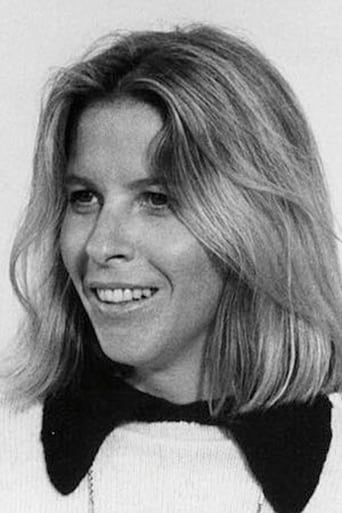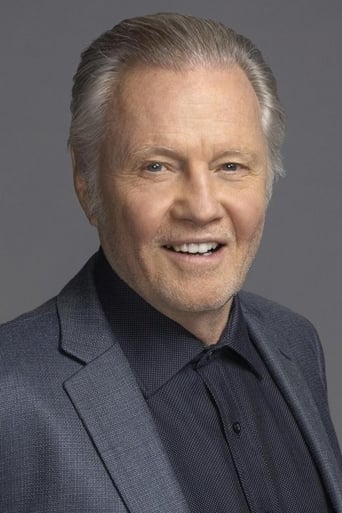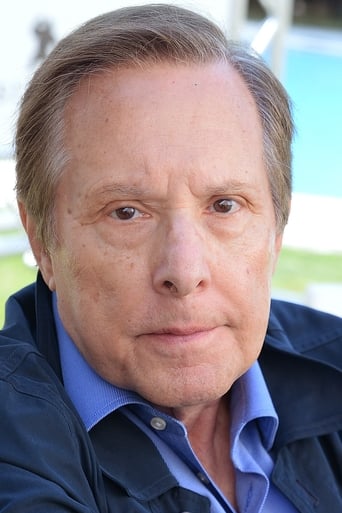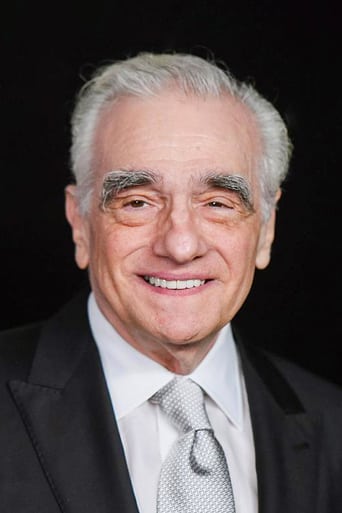A documentary examining the decade of the 1970s as a turning point in American cinema. Some of today's best filmmakers interview the influential directors of that time.


Reviews
Fine documentary on the changing of the guard in cinema, 1969-1979, when independent film companies began churning out more relevant and successful movies than the major studios, and audiences (young people attracted to counterculture cinema) dictated what was a hit and which actors were the new stars. Many terrific interviews with the filmmakers of the time are included (Sidney Lumet, Paul Schrader, Sydney Pollack, Martin Scorsese, William Friedkin, Jerry Schatzberg, Francis Ford Coppola, Robert Altman, Peter Bogdanovich, John G. Avildsen, Milos Forman, Robert Towne, Roger Corman and Dennis Hopper), yet the two directors who changed the face of '70s cinema (which was changing rapidly, anyway), Steven Spielberg and George Lucas, are absent. Spielberg's "Jaws" in 1975 and Lucas' "Star Wars" in 1977 brought adventure and fantasy back to moviegoers who had been pummeled over the head with Vietnam and Watergate and the sexual revolution. "Star Wars" also brought in a new strategy for making millions of extra bucks, through merchandising. This turned an industry, which seven years before had begun to embrace the anti-establishment tale of the anti-hero, into a money-making monster, with blockbusters designed for the whole family. Although not as concise as 2003's "Easy Riders, Raging Bulls: How the Sex, Drugs and Rock 'N' Roll Generation Saved Hollywood", this document pretty much covers the same territory--and, similarly, under-utilizes the female perspective (here we have production designer Polly Platt and actresses Pam Grier, Ellen Burstyn and Julie Christie relating their experiences from the female point of view, but that's it). Directors Ted Demme (to whom the film is dedicated, posthumously) and Richard LaGravenese make some minor mistakes (for instance, a still from "The Exorcist" is actually that of "Exorcist II: The Heretic"), but their clips are well-used and their interviews are colorful and informative. **1/2 from ****
What a wonderful documentary - I sat down thinking this would be a rehash of the bitchy stories told in Easy Riders, Raging Bulls, but it is, in fact, a clear-eyed, glorious celebration of a strange and twisted era that spawned some truly great movies. What struck me was the lack of bitterness apparent in the director interviews, given that now the movie business sucks in a large fashion - instead, folk like Friedkin and Coppola's eyes seem to positively glitter recalling their glory days. The footage of an audience coming out of a daytime screening of the Exorcist was priceless. 'It was - traumatic,' one guy says. A great epitaph for the late Ted Demme, a thrilling film, I just wish it was longer - I could have sat through a three hour cut of this.
I swore I would never allow myself to devolve into to the bogus authority figures of the sixties who told me things were better in the "good old days" the current Australian Prime Minister is a sordid example of just such a mind set.But I switched over to "A Decade Under the Influence" because I found watching the much-heralded "Sneakers" documentary on the other channel such a dispiriting experience. I found the values expressed by the "Sneakers" interviewees too ugly to accept as reasonable. So materialistic! So devoid of any sense of outrage at a society that can countenance killing someone to steal his very ugly shoes! So lacking in any worthwhile purpose that they can report without distaste the exploitation an audience by haranguing them to hold those shoes above their heads to lock in a sponsorship deal for themselves with a company of cobblers was just too much to continue watching."A Decade Under the Influence" depicted a completely different response to the fruit of stupidity, corruption and concupiscence in high (and low) places.I have noted the change in film-making that accompanied the exposure of America's disastrous foreign policy debacles in Vietnam and so many less reported places in my www.peterhenderson.com.au website. "A Decade Under the Influence" documents the precise moment at which that change took place.Before the seventies, the armed forces were depicted in American films as an invincible fighting force comprised of decent human beings who transmogrified into conquering heroes on the battlefield. After the seventies they are generally portrayed as a dispirited rabble misled by a bunch of bureaucrat clowns in the Pentagon Before the seventies, the FBI agent and the honest cop tended to be depicted as your friend and protector. After the seventies, the FBI agents were all incompetent and the best a cop could aspire to was to ignore their foolishness and his superior's corruption and uphold justice in his own idiosyncratic manner.Before the seventies, the archetypical American "little guy", the "average Joe", the Jimmy Stewart type would face down the problems encountered and thereby gain some insight into underlying wisdom of his elected leaders and justice of the "American Way". After the seventies, Kevin Costner usurps that role, but now he is the voice of one crying out in the wilderness for evil to be exposed, or accepting his lot and making out the best he can.And now those "old time religion" mindsets have been stripped of any honesty and righteousness and portrayed (with a certain amount of justification) as sanctimonious bigotry and self-serving hypocrisy."A Decade Under the Influence" tells it like it was. "A Decade Under the Influence" tells it like it is now. It depicts the redemption of the American film industry from the hands of the artistically, morally and intellectually bankrupt studio moguls. It shows the storming of the Hollywood Bastille by the independent film makers who promised to get a disillusioned and tired audience back into the cinemas. The fact that their failures were numerous, and at times disastrous, merely underlines the greatness of their achievement. An achievement reflected in the adventurous and questioning attitudes of the big box office stars such as Clooney, Daman, Affleck etc and the directors and producers who provide the vehicles for their talent.
The Presentation is VERY shabby. (to my notion) as documentaries often are. Michael Moore's "documenatry" - Farenheit 911 is FAR more convincing but has FAR too much media and political influence. Cant wait till Saturday when I get to see the docudrama "The Game of their Lives" . IFC goes right of center. I have started a collection of IFC movies from off the internet due to "TGOTL" *** out of ********** on "Decade". Wanna see good documentaries? Stick to the History Channel.. Or try docudrama. You cant go wrong with them my friend. Cant go wrong. The seventies were ten years of reruns. Or so the old times would have you to believe. Disco died and it is gone forever. When Elvis died o yes we all did grieve
